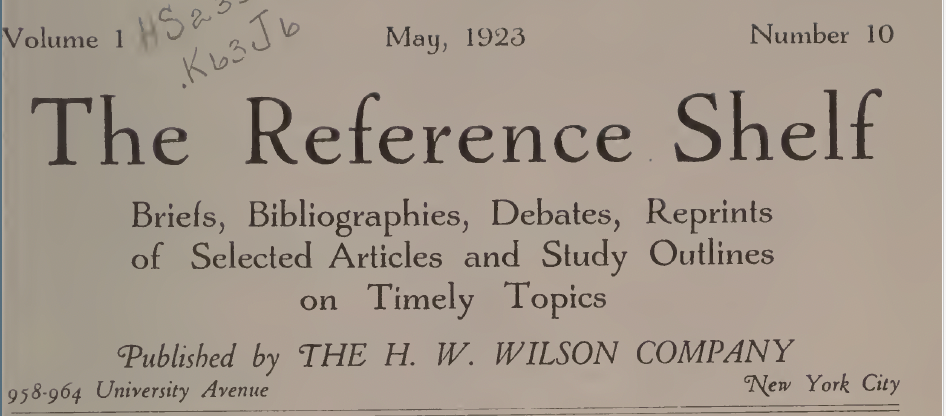Buc-ee's bigness
I was planning to write a post on this chain of phenomenal gas stations cum country / convenience stores (gives a new meaning to that expression), so was tickled when jhh beat me to mentioning it in this comment.
Several days ago, i visited one in the outskirts of Dallas. As per many things Texas, it was BIG. Outside, it had more than 80 pumps, and inside it had more than 80 cashiers. The store stretched on and on and on, longer than a football field. I felt like I was in a Star Wars space ship cantina. The store-station was equal to ten of our biggest Wawa station-stores, which I treasure. It had a parking lot that accommodated hundreds of cars.
Read the rest of this entry »




